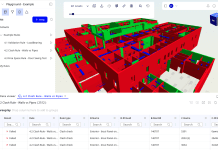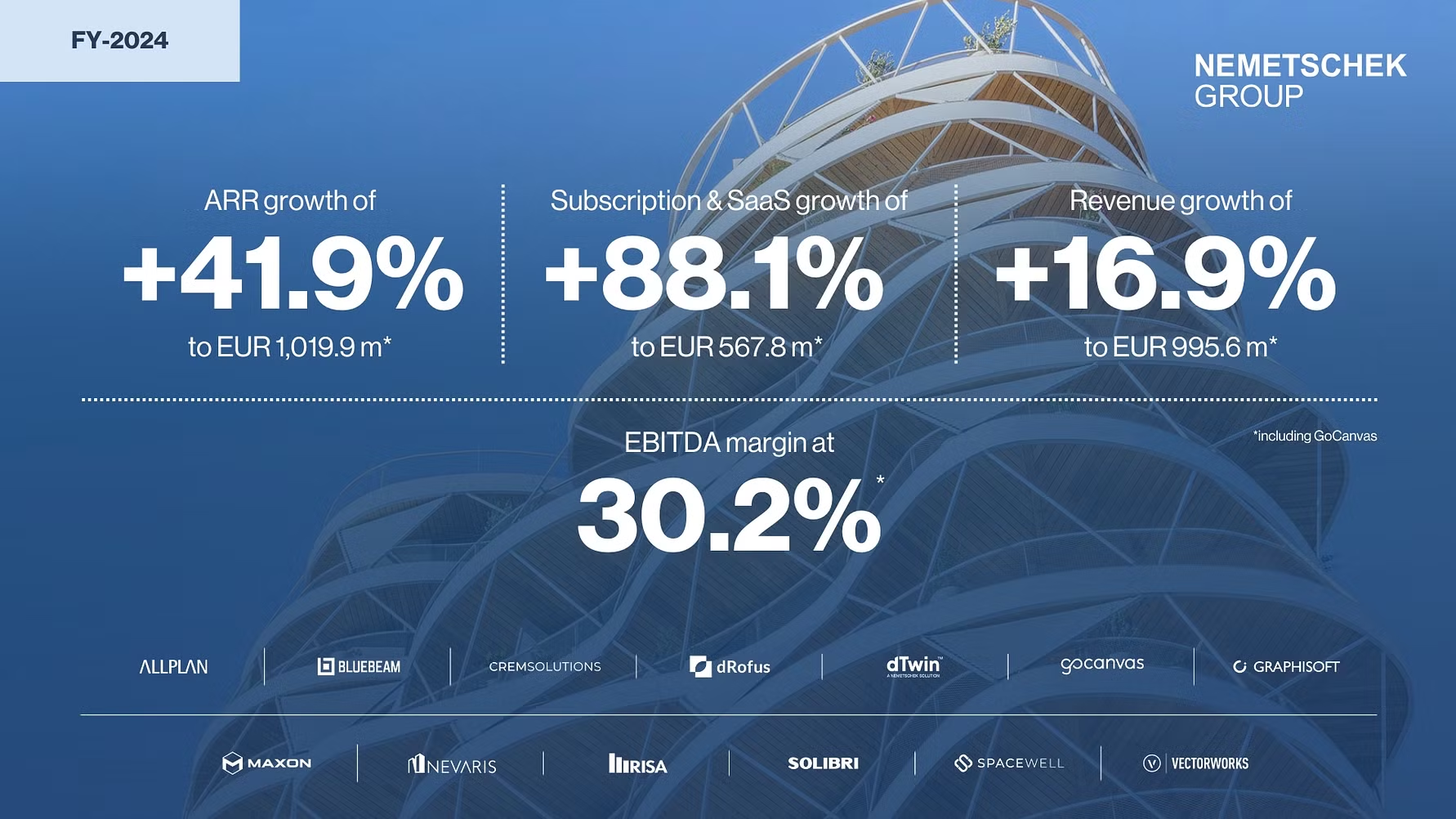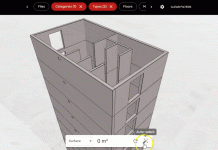The UK BIM Alliance will officially launch in October, but why do we need it? John Eynon, Joint Chair of BIM Regions UK and the BIM Regions South East explains where our industry lies in the digital revolution and why we need more leadership
Before I start my rant, let’s consider a few questions. Firstly are you content with the state of our industry? I hope the answer is no!
On average someone dies on a construction site every week and many more are injured. We deliver products that are late, over budget, inconsistent in quality, with dubious environmental performance and prone to latent defects, and generally not constructed to consider the asset lifecycle. Sometimes though we actually provide what the client wants.
We have an ambivalent attitude to process and quality, not always thinking about who our customer is and an incredibly insular and blinkered attitude to improvement and the greater good of the whole.
Admittedly, to the large part, this is driven by self-interest and self-preservation. However, the time has come when we can no longer ignore many of these issues or kick them into the long grass. Can change happen? Will it stick?
The digital revolution
It might be strange to link this through to the BIM revolution, but I will explain.
You may not feel it, but our lives have changed. You experience it every day – walking down the street you bump into people because they’re peering down into their phone or tablet. On the train (if you can get one) most are again engaged in another world of games, email, video, and the web. It’s all happening out there and in here.
The digital dimension is taking over and shaping our lives whether we like it or not. And it applies just as much to our construction industry for the built environment. In fact, users outside our industry need our data for their enterprise platforms including financial, lifestyle, manufacturing, retail, travel, and many more aspects.
So while moving into the BIM world is still for many, largely unknown and a step too far, this transformation, which will affect everything we do and the way we work is both inevitable and in the end irresistible.
The mandate
The UK BIM programme, or movement if you like, starts in 2011 with what we now call “the mandate” – the requirement driven by government policy for collaborative 3D BIM and digital data exchange on public sector projects.
Time has passed. We have had the thought leadership of the UK BIM Task Group, the production of the Level 2 standards and framework, the formation of various support and networking groups including the BIM 4 Groups/Communities, Regions (Hubs), the UK BIM Crew and many more.
We are now at a delicate point, perhaps the tipping point. The Task Group are moving on to focus purely on Level 3 development, which will kick into mainstream use around 2020. Meanwhile, back at the ranch, the rest of the industry which in fact is still the vast majority of the industry, struggles to attain and understand Level 2.
On a journey
Let’s be clear, if ‘industry’ as a whole does not achieve widespread Level 2 adoption, then any talk of Level 3 becomes a pipe dream. Just remember that Level 2 is, and was ever only a staging post, a stop on the journey – a school teacher to put us on the right path in using collaborative 3D BIM, and digital common data environments, structuring information consistently and correctly, founded on rigorous process and procedures.
We are treading a well-worn path here. Other industries such as aerospace, petrochemical, automotive, manufacturing and others made this migration many years ago. We are the last major bastion of analogue thinking and practice in a digital world that is fast leaving us behind.
For as long as I’ve been an architect, and longer, the industry has been talking about improvement. We remember the reports that surface every few years including Latham, Egan, Wolstenholme, and the many others before. They provided laudable messages falling for the large part, on a deaf industry. Pockets of excellence and best practice – yes. Widespread change, revolution and improvement? No.
Until now.
While BIM isn’t the answer to everything; it is a catalyst for change that now cannot be avoided. It leads us into other areas. We are in a perfect storm where the need and will for change is converging with technology, economics and generational transformation. Post-Brexit, for the UK, this is even more important. Our ability to become a global leader in digital information management and use is critical for our economy. And consequently, so is the digitisation of the built environment industry.
The UK BIM Alliance
So here we are. Level 2 or bust is the target. The industry needs leadership and focus, but even now, after five years on this journey, it is sometimes not clear where to go or who to talk to. We are talking to each other, finally, and moving forward together and gathering momentum. From conversations around the BIM 4 Groups and Regions and other aligned industry organisations, the concept of the UK BIM Alliance has emerged. We will launch officially in October at the ICE BIM Conference and Digital Construction Week, but word is on the street, and we’re gearing up, reaching out and getting the support of industry leaders.
We are here for the long haul, to provide the focus and leadership to achieve Level 2 widespread adoption – ‘business as usual’ – by 2020.
Not to take over, but simply to connect, communicate, network, promote, support, mentor, nourish, encourage, cajole, provoke and grow all the good work that is happening around the UK.
The Alliance is independent and not for profit, manned by the people who’ve been doing this stuff on the ground over the last decade.
The UK BIM Alliance manifesto:
We are the UK BIM Alliance.
We began as the BIM4 groups and hubs arising from the Government Construction Strategy in 2011, and the original BIM Task Group.
Our immediate objective is to ensure the built environment industry embraces UK BIM level 2 as business as usual by 2020.
Our vision is for an industry transformed by collaborative relationships and digital working.
We are currently composed of over 50 industry organisations and growing.
We are independent, not for profit, and our members work across all sectors, disciplines and boundaries, around the complete asset lifecycle.
Our industry is changing, and we want to help lead that change working together with friends, collaborators and partners.
Join with us!
If you want more information or want to work with us in any capacity to change our industry just get in touch:
Chris Witte – chrisjwitte@aol.com
John Eynon – johneynon@me.com

. . . . . . . . . . . . . . . . . . . . . . . . . . . . . . . . . . . . . . . . . . . . . . .
John Eynon
Joint Chair of BIM Regions UK and the BIM Regions South East
Tel: 07702 126 362













